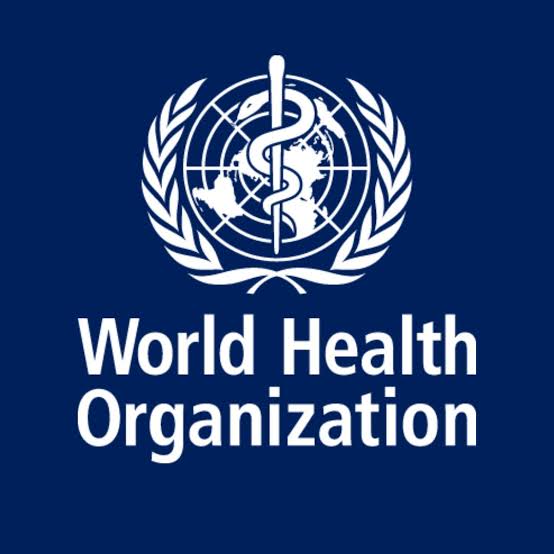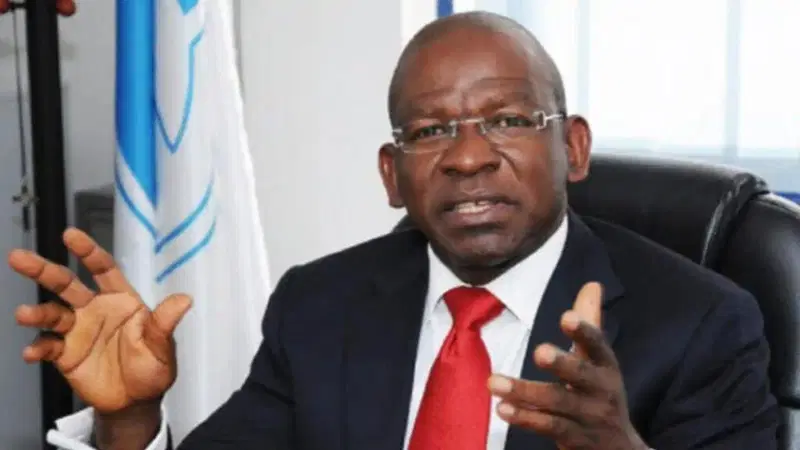World News
Over 30 Million children missed full vaccination in 2024 – WHO

The World Health Organisation (WHO) has revealed that more than 30 million children worldwide failed to receive the complete course of essential vaccines in 2024.
This alarming disclosure was made by the WHO Director-General, Dr. Tedros Ghebreyesus, during a virtual media briefing focused on global health developments.
Dr. Ghebreyesus noted that while there was a slight improvement in global measles vaccination coverage last year, the world still witnessed a surge in outbreaks. “In 2024, 60 countries recorded significant measles outbreaks—nearly double the number recorded in 2022,” he said.
He emphasized that in addition to issues of vaccine accessibility, vaccine hesitancy remains a serious concern. “WHO and other public health organizations have extensive information available online to help families understand the importance of vaccines, which have saved millions of lives since the smallpox vaccine was developed over 200 years ago,” he explained.
The WHO chief referenced a recent report by WHO and UNICEF on global immunisation coverage, which showed both progress and areas needing urgent attention. While global vaccine coverage has seen modest improvements, he disclosed that 14.3 million children in 2024 did not receive even a single dose of any vaccine. Many others received incomplete vaccinations, particularly in conflict-affected or humanitarian crisis regions.
Turning attention to HIV prevention, Dr. Ghebreyesus announced the launch of WHO’s new guideline on the use of Lenacapavir, a major breakthrough drug offering six-month protection and shown to prevent over 96 percent of new HIV infections. He revealed that WHO is collaborating with nine early adopter countries to ensure that up to two million people can access the medication at a negotiated lower cost.
He also stated that six generic manufacturers are currently developing Lenacapavir, with widespread availability of the drug expected by 2027. WHO is actively supporting these efforts through the development of guidelines and a pre-qualification process to ensure the drug’s global accessibility.
In another health achievement, Ghebreyesus proudly announced that Suriname has officially been certified malaria-free, making it the 47th country or territory to achieve this status. He also highlighted the successful elimination of trachoma as a public health threat in both Burundi and Senegal, bringing the number of countries that have eliminated at least one neglected tropical disease to 57.
Dr. Ghebreyesus concluded by drawing attention to World Drowning Prevention Day, marked on July 25. He described drowning as a preventable tragedy that claims hundreds of thousands of lives each year—mostly children and youth in low- and middle-income nations. He stressed that WHO is working with governments, communities, and parents to implement affordable, evidence-based strategies to reduce drowning incidents and save lives globally.
-

 News16 hours ago
News16 hours agoFCT Polls: INEC confirms 1.68m Registered Voters, intensifies preparations
-

 News1 day ago
News1 day agoEx-Benue Governor Gabriel Suswam joins APC, picks membership card
-

 News16 hours ago
News16 hours agoSenate passes Electoral Act Amendment Bill, dismisses claims of rejecting electronic transmission
-

 News1 day ago
News1 day agoFormer Benue Governor, Gabriel Suswam, dumps PDP over internal crisis
-

 National News16 hours ago
National News16 hours agoFG, APCL clash over ownership of Gurara II Dam
-

 News2 days ago
News2 days agoAfter December strikes, US sends troops to Nigeria in security partnership
-

 National News1 day ago
National News1 day agoBREAKING: Senate rejects compulsory electronic transmission of election results
-

 News1 day ago
News1 day agoBandits invade Benue Community, set market ablaze, kill five



























